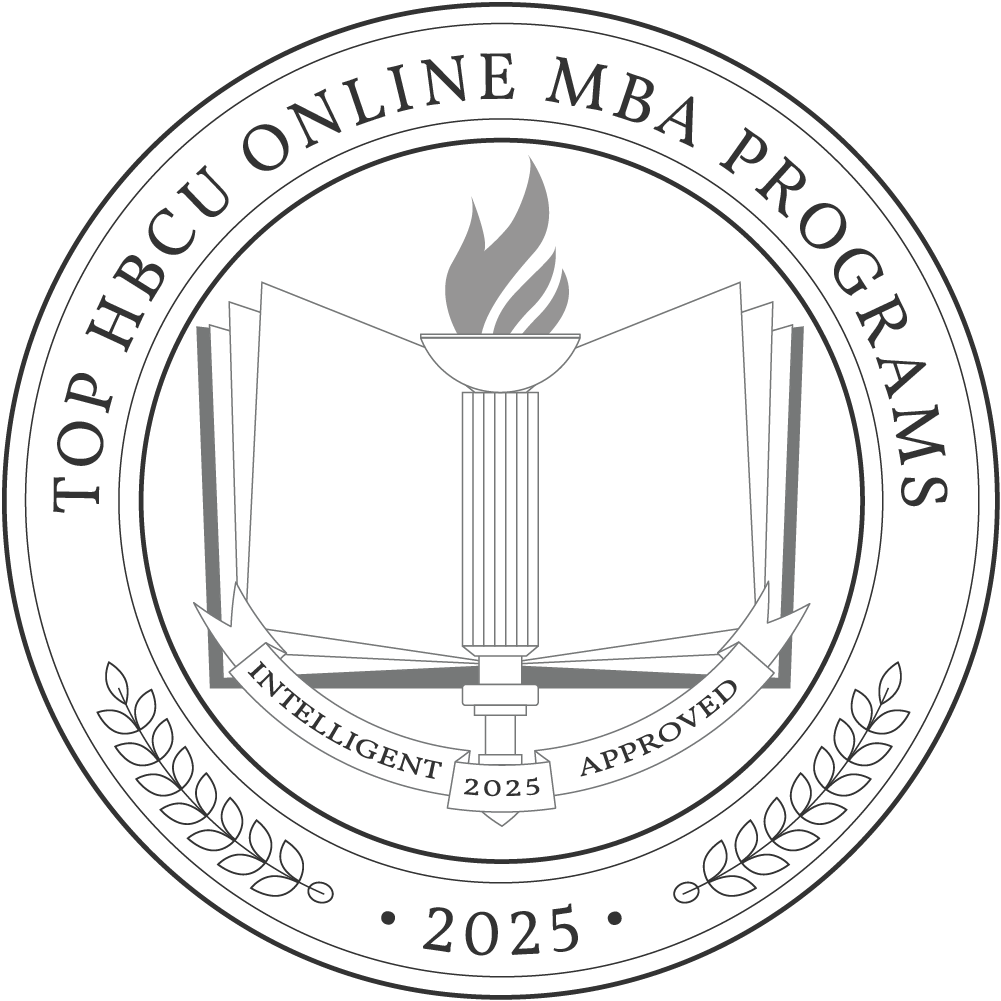Historically black colleges and universities (HBCUs) are significant in American history and culture, promoting diversity, equity, and excellence. Pursuing an online MBA program at an HBCU prepares students for various roles in a broad range of industries, including:
- Sales manager, with a median annual salary of $135,160
- Financial manager, with a median salary of $156,100
- Marketing director, with a median salary of $156,580
These programs typically take two to three years to complete, although some institutions may offer accelerated options for students with more time to devote to their studies. Part-time options are also often available for individuals balancing their education with other responsibilities — like a full-time job or caretaking.
In terms of cost, the average annual tuition for a graduate degree is $20,513. However, this figure can vary significantly depending on the institution and specific program.
Why Trust Us
The Intelligent.com Higher Education Team is dedicated to providing students with independent, equitable school and program rankings and well-researched resources. Our expert-driven articles cover topics related to online colleges and programs, paying for school, and career outlooks. We use data from the U.S. Department of Education’s College Scorecard, the National Center for Education Statistics, and other reputable educational and professional organizations. Our academic advisory team reviews content and verifies accuracy throughout the year for the most current information. Partnerships do not influence rankings or editorial decisions.
- Analyzed over 2,000 national, accredited, and nonprofit colleges and universities
- 800+ rankings pages are reviewed and updated yearly
- Content is informed by reputable sources, surveys, and interviews with academic advisors and other experts
- Over 100 data points are reviewed for accuracy and quality throughout the year, including sources
How we rank schools
Our list features the best HBCU online MBA degree programs at top colleges nationwide. Each school featured is a nonprofit, accredited institution — either public or private — with a high standard of academic quality for post-secondary institutions.
We evaluated each school’s program on tuition costs, admission, retention and graduation rates, faculty, reputation, and the student resources provided for online students. We collected data from trusted sources like the National Center for Education Statistics, individual school and program websites, school admissions counselors, and other data sources. Then, we calculated the Intelligent Score on a scale of 0 to 100 based on the following criterion:
Academic Quality:
- Admission rate versus enrollment rate
- Retention rate of students who return after year one
- Accreditation status (regional and programmatic)
- Nonprofit status, both private and public institutions
Graduation Rate
- Overall graduation rate
- Total number of currently enrolled students, including diversity metrics
- Student-to-faculty ratio
Cost and ROI
- In-state and out-of-state per-credit tuition rates and fees
- Required credits to graduate
- Earning potential after graduation
- Availability of federal student loans, scholarships, and other financial aid options
Student Resources
- Available student services for online-only and hybrid programs
- On-campus amenities like tutoring centers and the number of libraries
Read more about our ranking methodology.
Top 12 HBCU Online MBA Degree Programs
FiltersInstitution Type
Status
- Intelligent Score
- Alphabetically By University Name
- Acceptance Rate
- Enrollment
- In-state Graduate Tuition
- Out-of-state Graduate Tuition
- In-state Undergraduate Tuition
- Out-of-state Undergraduate Tuition

Florida Agricultural and Mechanical University
Intelligent Score: 99.9In-state: $3,152
Out-of-state: $14,524
In-state: $8,019
Out-of-state: $8,019
SAT: 1030-1150
ACT: 20-24
$792
Online
Southern Association of Colleges and Schools Commission on Colleges
44

North Carolina A&T State University
Intelligent Score: 98.26In-state: $3,540
Out-of-state: $17,050
In-state: $4,745
Out-of-state: $4,745
SAT: 960-1130
ACT: 17-22
In-State: $387
Out-of-State: $995
Online
Southern Association of Colleges and Schools Commission on Colleges
36

Texas Southern University
Intelligent Score: 96.90In-state: $6,941
Out-of-state: $19,707
In-state: $4,767
Out-of-state: $4,767
SAT: 890-1040
ACT: 17-20
$1,200
Online
Association to Advance Collegiate Schools of Business
30
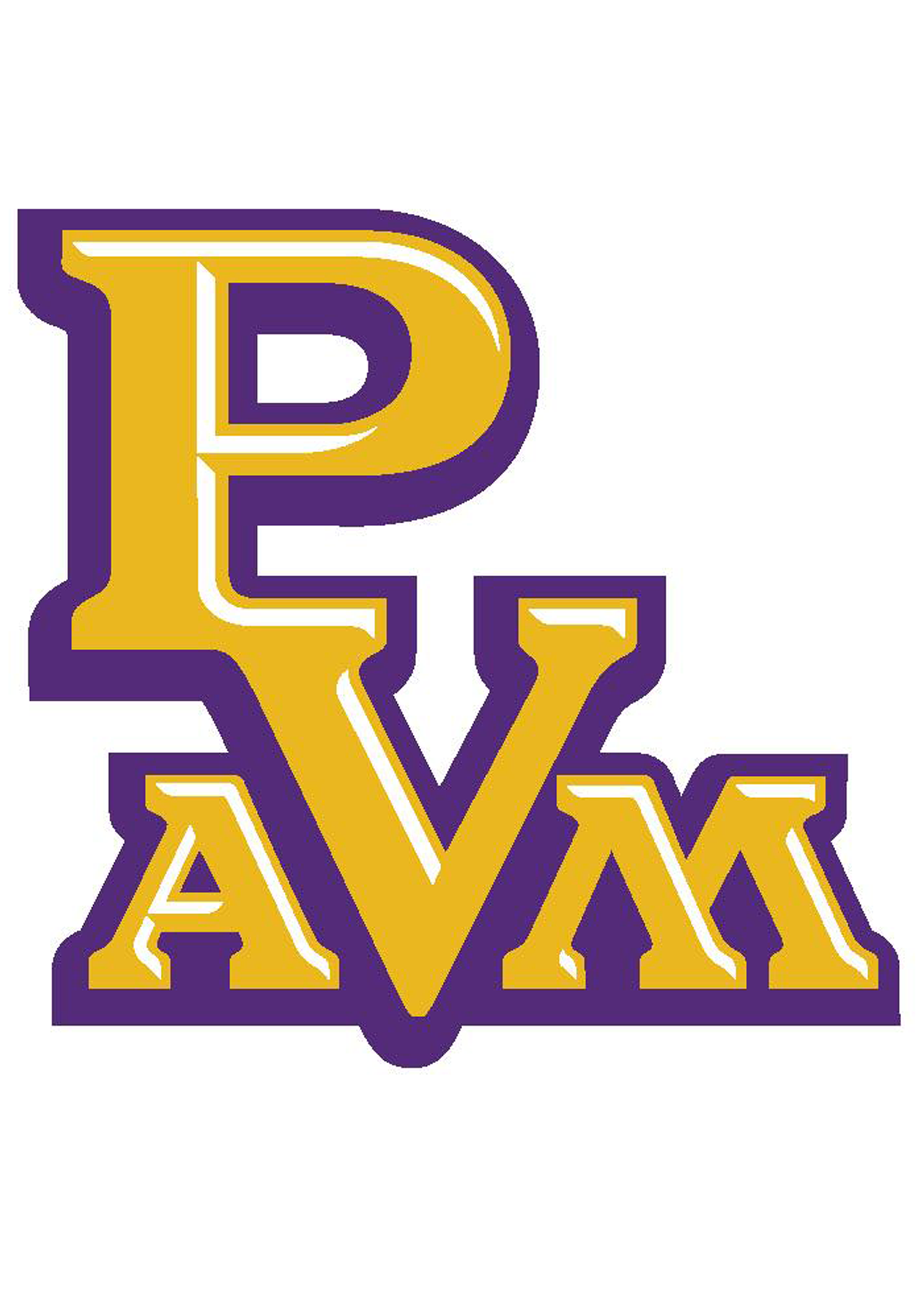
Prairie View A&M University
Intelligent Score: 96.3In-state: $7,253
Out-of-state: $22,552
In-state: $5,096
Out-of-state: $5,096
SAT: 870-1040
ACT: 16-20
$1,167
Online
Association to Advance Collegiate Schools of Business
36

Howard University
Intelligent Score: 95.54In-state: $26,464
Out-of-state: $26,464
In-state: $32,248
Out-of-state: $32,248
SAT: 1130-1260
ACT: 22-26
$1,896
Online
Association to Advance Collegiate Schools of Business
48
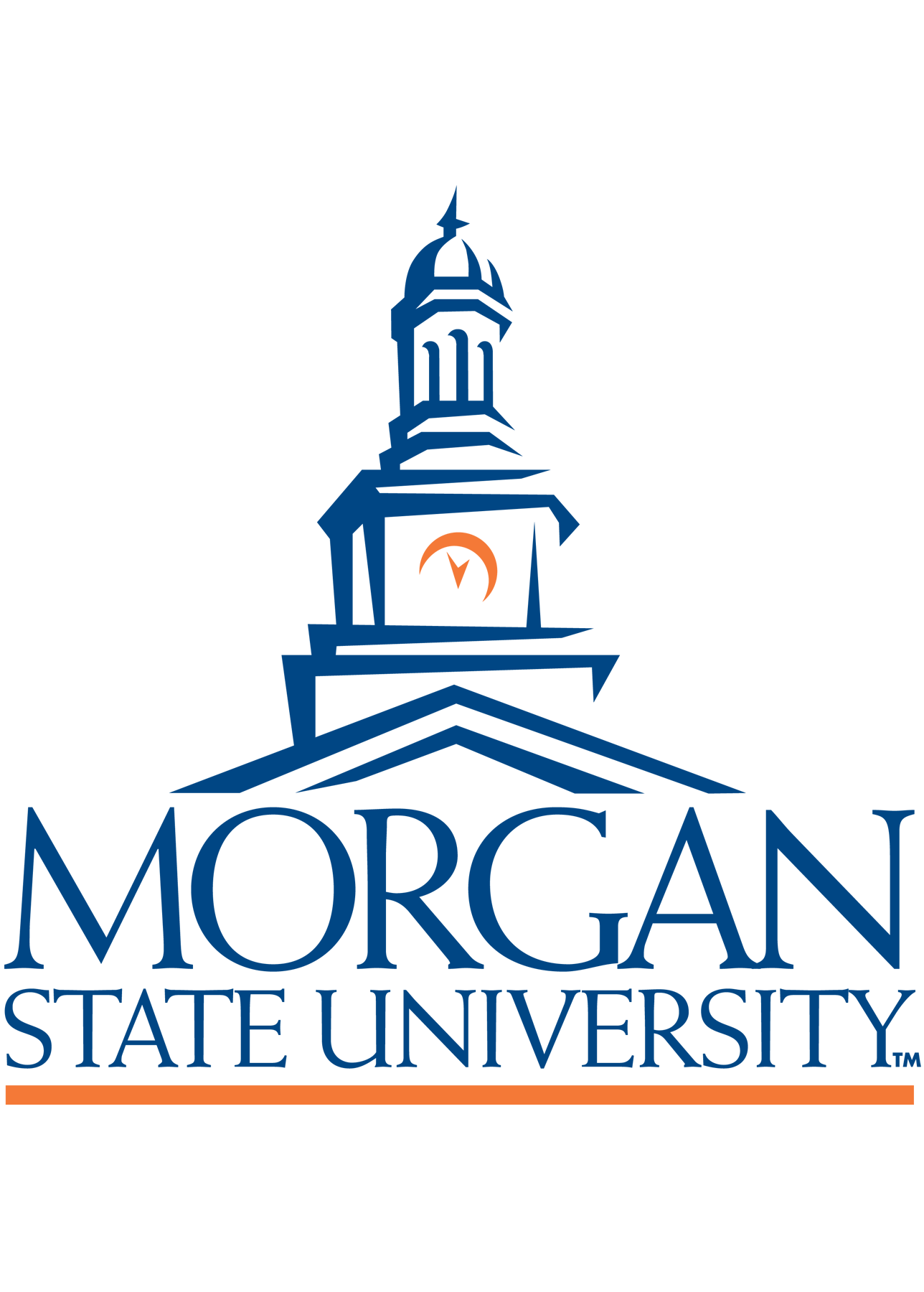
Morgan State University
Intelligent Score: 95.10In-state: $5,477
Out-of-state: $18,100
In-state: $8,190
Out-of-state: $8,190
SAT: 910-1070
ACT: 16-20
$834
Online
Association to Advance Collegiate Schools of Business
36

North Carolina Central University
Intelligent Score: 91.72In-state: $3,728
Out-of-state: $16,435
In-state: $4,740
Out-of-state: $4,740
SAT: 850-1010
ACT: 15-19
In-State: $298
Out-of-State: $1,038
Online
Association to Advance Collegiate Schools of Business
36

Jackson State University
Intelligent Score: 91.15In-state: $8,270
Out-of-state: $8,270
In-state: $8,270
Out-of-state: $8,270
SAT: 890-1050
ACT: 17-20
In-State: $474
Out-of-State: $1,474
Online
Southern Association of Colleges and Schools Commission on Colleges
33
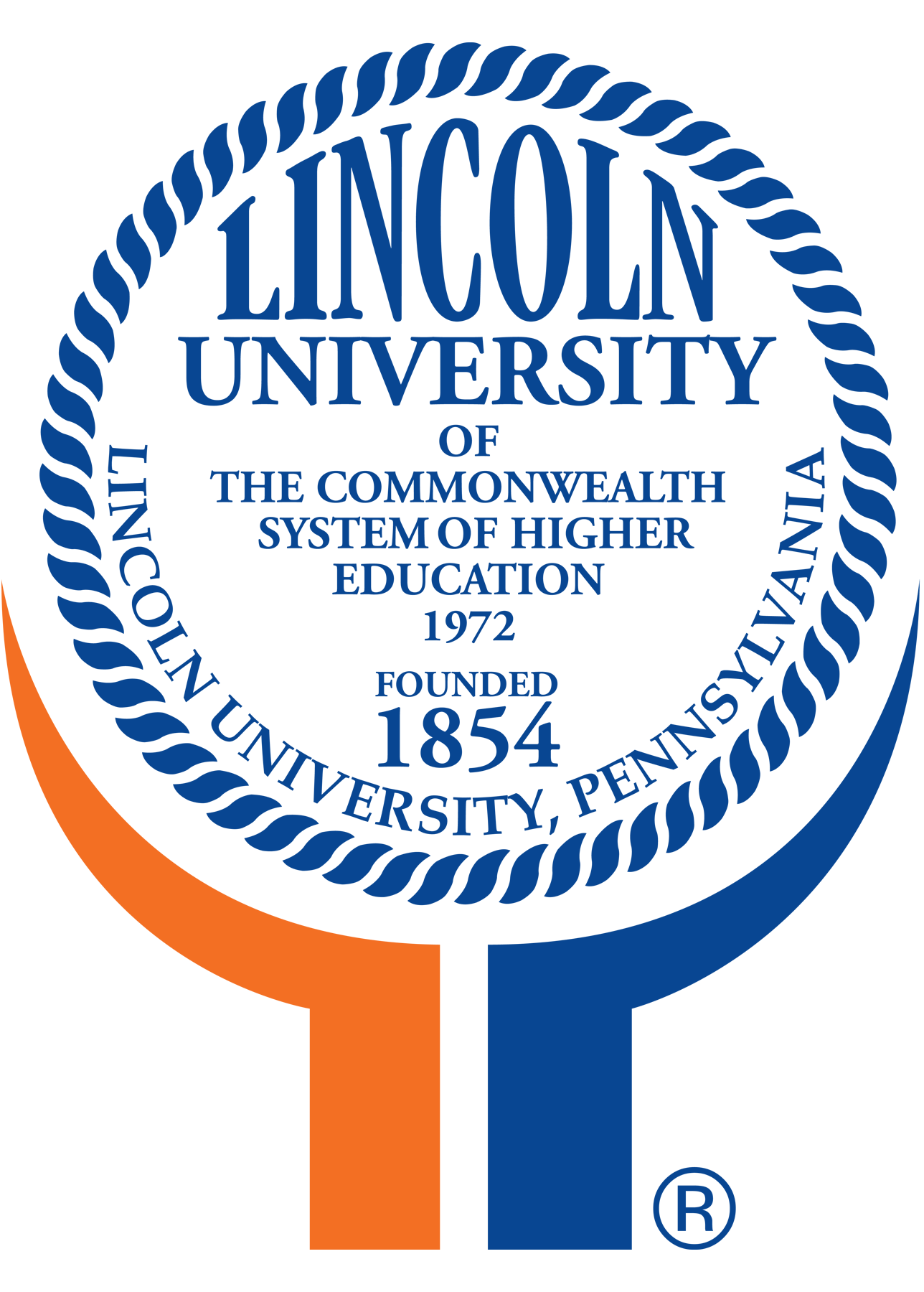
Lincoln University
Intelligent Score: 90.32In-state: $8,026
Out-of-state: $13,396
In-state: $10,106
Out-of-state: $10,106
SAT: 860-1028
ACT: 15-18
In-State: $511
Out-of-State: $886
Online, On-Campus
Middle States Commission on Higher Education
36

Fayetteville State University
Intelligent Score: 89.79In-state: $2,982
Out-of-state: $14,590
In-state: $3,438
Out-of-state: $3,438
SAT: 840-1000
ACT: 16-20
In-State: $224
Out-of-State: $887
Online
Southern Association of Colleges and Schools Commission on Colleges
36-46

Albany State University
Intelligent Score: 88.27In-state: $4,064
Out-of-state: $14,786
In-state: $3,438
Out-of-state: $3,438
SAT: 740-900
ACT: 15-18
$300
Online
Accreditation Council for Business Schools and Programs
33
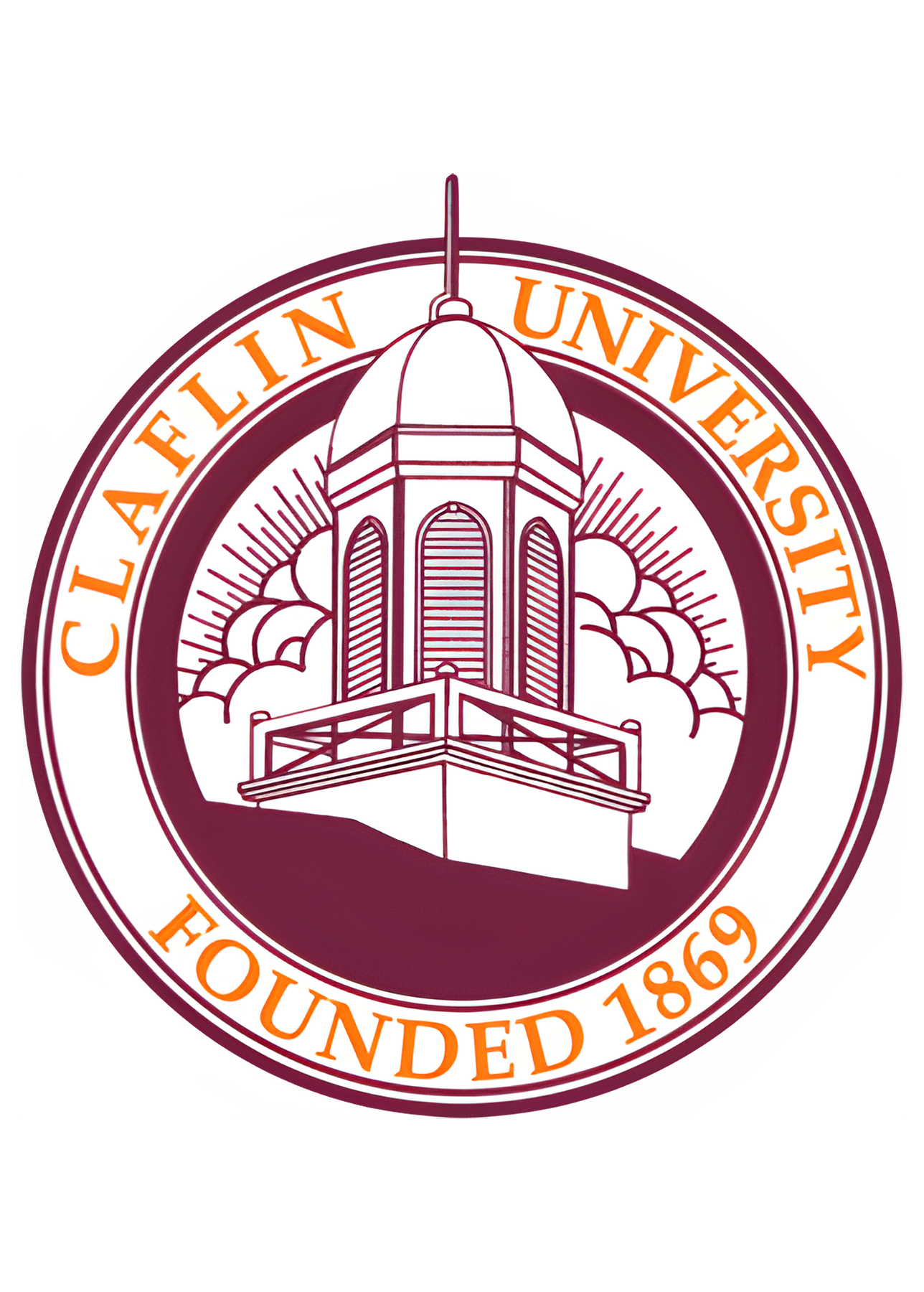
Claflin University
Intelligent Score: 88.11In-state: $16,476
Out-of-state: $16,476
In-state: $11,653
Out-of-state: $11,653
SAT: 840-1040
ACT: 16-18
$562
Online, On-Campus
Accreditation Council for Business Schools and Programs
30
How to Choose an Online MBA Program at an HBCU
Choose your area of study
Many online MBA programs will allow you to select a concentration and focus your studies on a particular niche in this field. For example, students with a strong analytical mindset and a keen interest in numbers should consider specializing in finance. At the same time, those with excellent communication and strategic thinking skills may thrive in marketing. Entrepreneurship may suit people who are innovative, risk-tolerant, and have a passion for starting and managing their own ventures.
By aligning your skills and career goals with a specific specialization, you can decide on the area of study that suits you best.
Research schools and programs
You should only apply to institutions that have been approved by a DOE-recognized regional accrediting organization, such as the New England Commission of Higher Education or Northwest Commission on Colleges and Universities. These organizations evaluate schools to ensure they provide students with a high-quality education. Those who attend a school that isn’t regionally accredited may be unable to access financial aid or transfer credits to another institution if needed.
Ideally, your online MBA program will also be accredited by a respected industry group like the Association for the Advancement of Collegiate Schools of Business (AACSB) or the Accreditation Council for Business Schools and Programs (ACBSP). These programmatic accrediting organizations have particularly high standards for business education.
In addition to accreditation, you should also consider each program’s available specializations, curriculum, and faculty skill set.
To learn more about any schools that you’re interested in, you can visit the school’s website, contact an admissions counselor, follow the school on social media, or attend an in-person or virtual open house.
Prepare for tests and applications
Once you have compiled a list of programs you’d like to apply to, you must prepare for any necessary standardized tests and applications.
Application requirements vary by school and program. If testing is required, create a study plan and dedicate ample time to prepare for standardized tests like the GMAT or GRE. Utilize study resources, practice tests, and consider enrolling in a test preparation course to take your test-taking skills to the next level.
Simultaneously, gather all required application materials for each program. These items often include transcripts, letters of recommendation, and a unique personal statement for each school you apply to.
Also, you should always contact an admissions counselor to ensure you have the most accurate information regarding requirements and deadlines.
Select your program
Once you receive your acceptance letters, you can begin selecting the program you’ll attend.
Before making your final decision, review your needs and goals again. Do you plan to attend school full-time or part-time? Do you want your program to be as online as possible, or are you fine with a hybrid program that has a fair amount of in-person requirements? Some programs offer asynchronous courses, which can be completed at your own pace, while others only offer synchronous courses, which involve remotely attending lectures and completing assignments at the same time as other students — which of these two online learning formats do you prefer? Your school should accommodate your scheduling needs and learning preferences.
Determine how you’ll pay for your degree
Speak to financial aid counselors at the schools you’re interested in for the most accurate and specific information about program cost. Paying for an MBA can be daunting, but luckily, many resources are available to help lighten the financial load.
Start by completing the Free Application for Federal Student Aid (FAFSA), which will determine your eligibility for federal grants, loans, and work-study programs. HBCUs may offer scholarships and grants specific to their MBA programs, so researching and applying for these opportunities is crucial. Additionally, you can explore external scholarships, employer tuition reimbursement programs, and fellowships.
By exploring these avenues, you can identify the best combination of resources to support your pursuit of higher education.
What Can You Expect From an Online MBA Program?
By earning your MBA at an HBCU, you can expect an inclusive and flexible educational experience tailored to your career aspirations. MBA curricula are multifaceted and include finance, marketing, operations, and leadership coursework, enabling graduates to develop a holistic understanding of business principles and practices.
These programs usually take two to three years to complete. While most coursework can be completed online, some HBCUs incorporate in-person workshops or residences to enhance networking opportunities, foster collaboration, and provide hands-on learning experiences. In-person components may involve seminars, workshops, or group projects encouraging the practical application of acquired skills.
Potential courses you’ll take in an online MBA program
- Operations Management: Typically a core requirement, this course focuses on managing business operations and processes to enhance efficiency and productivity. Students will learn about supply chain management, quality control, project management, and process improvement techniques. They will gain a deep understanding of optimizing operations, reducing costs, and streamlining workflows to meet customer demands.
- Strategic Marketing: Another standard core requirement, this class explores the fundamentals of marketing and strategic planning. Students will learn to develop marketing strategies, conduct market research, segment target markets, and create effective marketing campaigns. They will gain insights into consumer behavior, branding, pricing strategies, and the use of digital marketing tools to drive business growth.
- Financial Management: This course focuses on the principles and techniques of financial management, teaching students how to analyze financial statements, evaluate investment opportunities, and make effective financial decisions. Students will gain expertise in financial planning, capital budgeting, risk management, and the role of financial markets in business operations.
- Leadership and Organizational Behavior: Most MBA students take this course in their final term. In this class, students will explore motivation, team dynamics, conflict resolution, and ethical decision-making. They will learn to navigate organizational complexities, foster teamwork, and inspire others to achieve organizational goals.
What Can You Do With an Online MBA?
Career outlook
Students graduating with an online MBA from an HBCU will find positions available across all business and industry sectors, as well as in education, government, and the nonprofit world. The need for those with solid training in business fundamentals spans the entire economy, both in the U.S. and globally.
Your interests and the focus of your coursework will predicate the career path you choose. Some common career paths for those with an online MBA include:
- Top executive — Coordinate the work of an organization by establishing goals, overseeing activities, and appointing department heads and managers.
- Median annual salary: $103,840
- Projected employment growth (through 2032): 3%
- New job openings projected: 311,600 annually
- Management analyst — Advise organizations on how to improve performance and efficiency.
- Median annual salary: $99,410
- Projected employment growth (through 2032): 10%
- New job openings projected: 92,900 annually
- Financial manager — Maintain the financial health of an organization by directing investment activities and developing plans for meeting long-term financial goals.
- Median annual salary: $156,100
- Projected employment growth (through 2032): 16%
- New job openings projected: 69,600 annually
Online MBA Degree Frequently Asked Questions
How do I apply to an online MBA degree program at an HBCU?
Start by researching the HBCUs that offer online MBA programs and create a short list of the programs you’d like to apply to. Visit their official websites and locate the admissions section for detailed application instructions. Generally, you must submit an online application form, official transcripts from previous academic institutions, letters of recommendation, a statement of purpose, and a current resume. In addition, many programs require applicants to have three or more years of work experience in a managerial or supervisory role to be eligible for admission.
Admission requirements vary between institutions, so speaking with an admissions counselor to clarify specific needs is essential.
How much does an online MBA degree cost?
The average annual tuition for a graduate degree program is $12,596 at public schools and $28,017 at private institutions.
In addition to tuition, there are also other costs to consider when pursuing this type of degree. These additional expenses include textbooks, course materials, technology fees, and any potential residency or travel expenses for in-person components. Financial aid, scholarships, and employer tuition reimbursement programs may offset some costs.
How long does it take to earn an online MBA degree?
It typically takes two to three years to complete an online MBA program. However, the flexibility of online programs allows students to progress at their own pace, potentially finishing the degree sooner or taking longer if needed. Full-time enrollment generally accelerates the completion timeline, while part-time enrollment may extend it.
Additionally, the total number of required credits can impact program length. Most MBA programs require 36 to 54 credits. Generally speaking, the more credits required, the longer it will take to reach the finish line. Some students take a heavier course load to shorten their completion time in these instances.
Is an online MBA from an HBCU worth it?
An MBA can enhance your ability to find professional roles that offer generous salaries and satisfying work. An MBA program that allows a student to focus on a particular sector that interests them can be an excellent way to earn advancement opportunities, whether in technology, healthcare, or some other niche of business or industry.
An online MBA from an HBCU offers networking options, skills enhancement, and the credibility and prestige of earning a degree from an accredited and established institution. Your chosen school will likely assist you in your job search following graduation through its career services office.
Earning your degree online offers several advantages. The increased flexibility of asynchronous courses makes it an excellent option for those with other personal or professional commitments.
